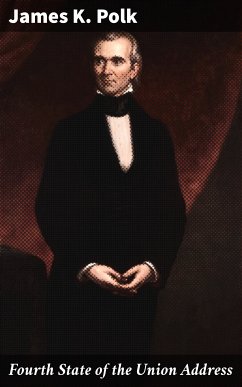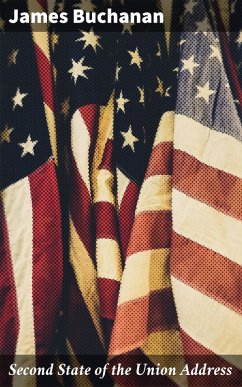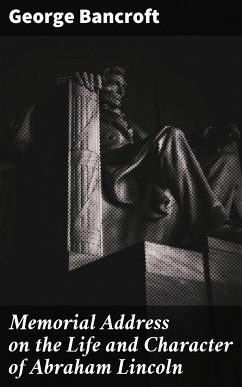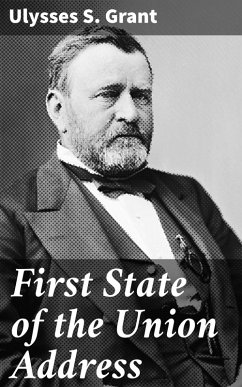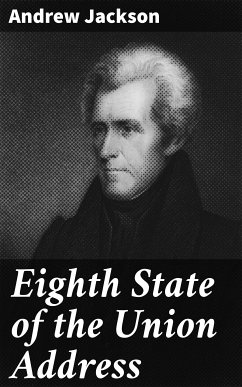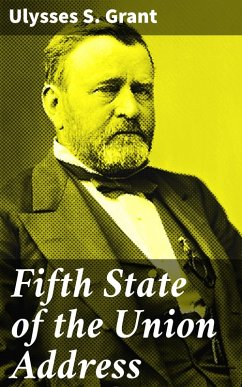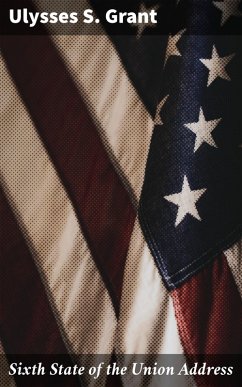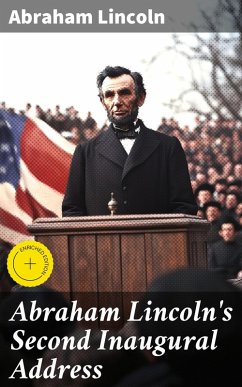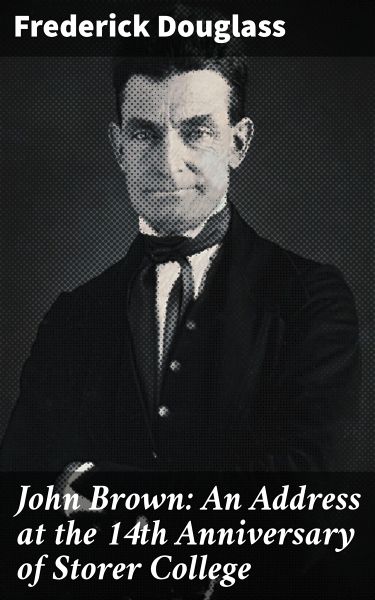
John Brown: An Address at the 14th Anniversary of Storer College (eBook, ePUB)
Enriched edition. Unraveling the Legacy of Radical Activism: A Historical Insight
Kommentar: Weaver, Adrian / Redaktion: Good Press

PAYBACK Punkte
0 °P sammeln!
In "John Brown: An Address at the 14th Anniversary of Storer College," Frederick Douglass presents a poignant and stirring tribute to the abolitionist John Brown, a figure emblematic of the fight against slavery in America. Douglass employs a powerful rhetorical style, seamlessly intertwining historical analysis with impassioned oratory, to highlight Brown's profound commitment to justice and equality. This address, delivered in 1886, reflects the broader context of post-Civil War America, where the debates regarding race, freedom, and the legacy of the abolitionist movement were still very mu...
In "John Brown: An Address at the 14th Anniversary of Storer College," Frederick Douglass presents a poignant and stirring tribute to the abolitionist John Brown, a figure emblematic of the fight against slavery in America. Douglass employs a powerful rhetorical style, seamlessly intertwining historical analysis with impassioned oratory, to highlight Brown's profound commitment to justice and equality. This address, delivered in 1886, reflects the broader context of post-Civil War America, where the debates regarding race, freedom, and the legacy of the abolitionist movement were still very much alive. Douglass's eloquence and depth of understanding provide insight into both Brown's motivations and the societal implications of his actions. Frederick Douglass, once an enslaved person himself, rose to become a leading intellectual of his time, advocating fiercely for equality and civil rights. His own experiences shaped his perspectives on race and justice, compelling him to honor Brown as a martyr for the cause of freedom. Douglass recognized the necessity of celebrating those who bravely challenged the status quo, and his address serves as both a tribute to Brown's legacy and a call to continuous action against oppression. This compelling address is a must-read for anyone interested in American history, civil rights, or abolitionist literature. Douglass's impassioned language and reflective insights invite readers to contemplate the moral complexities of resistance and the enduring struggle for equality. By engaging with this text, readers will gain a richer understanding of both John Brown's indelible impact and Douglass's unwavering commitment to justice. In this enriched edition, we have carefully created added value for your reading experience: - A succinct Introduction situates the work's timeless appeal and themes. - The Synopsis outlines the central plot, highlighting key developments without spoiling critical twists. - A detailed Historical Context immerses you in the era's events and influences that shaped the writing. - An Author Biography reveals milestones in the author's life, illuminating the personal insights behind the text. - A thorough Analysis dissects symbols, motifs, and character arcs to unearth underlying meanings. - Reflection questions prompt you to engage personally with the work's messages, connecting them to modern life. - Hand-picked Memorable Quotes shine a spotlight on moments of literary brilliance. - Interactive footnotes clarify unusual references, historical allusions, and archaic phrases for an effortless, more informed read.
Dieser Download kann aus rechtlichen Gründen nur mit Rechnungsadresse in A, B, BG, CY, CZ, D, DK, EW, E, FIN, F, GR, H, IRL, I, LT, L, LR, M, NL, PL, P, R, S, SLO, SK ausgeliefert werden.




